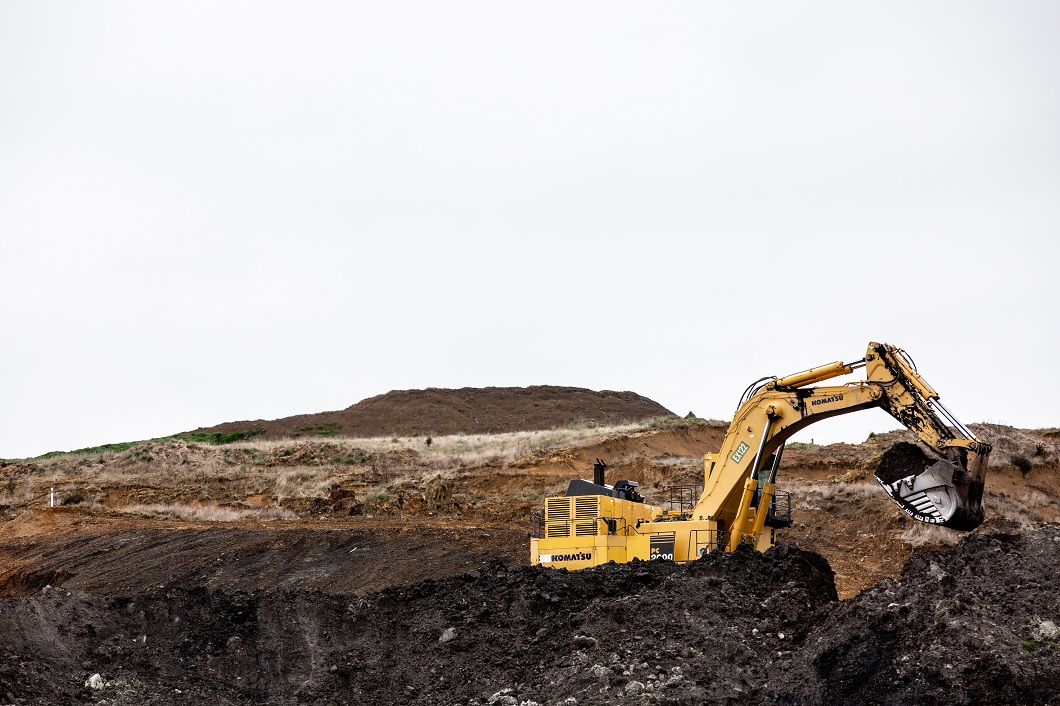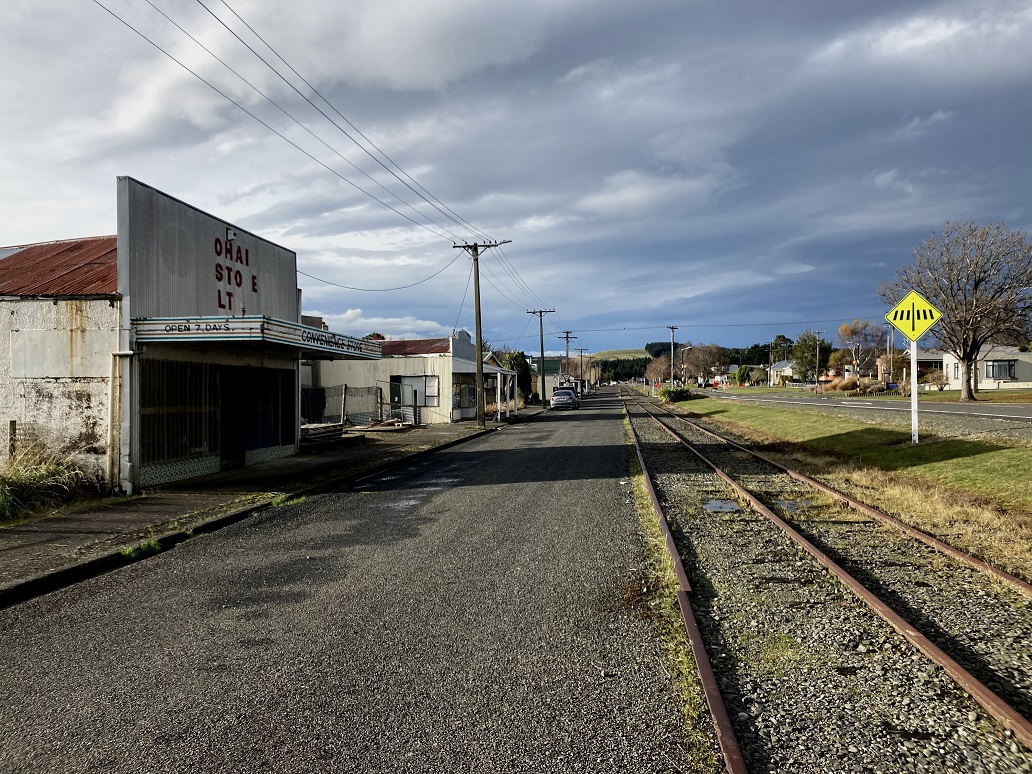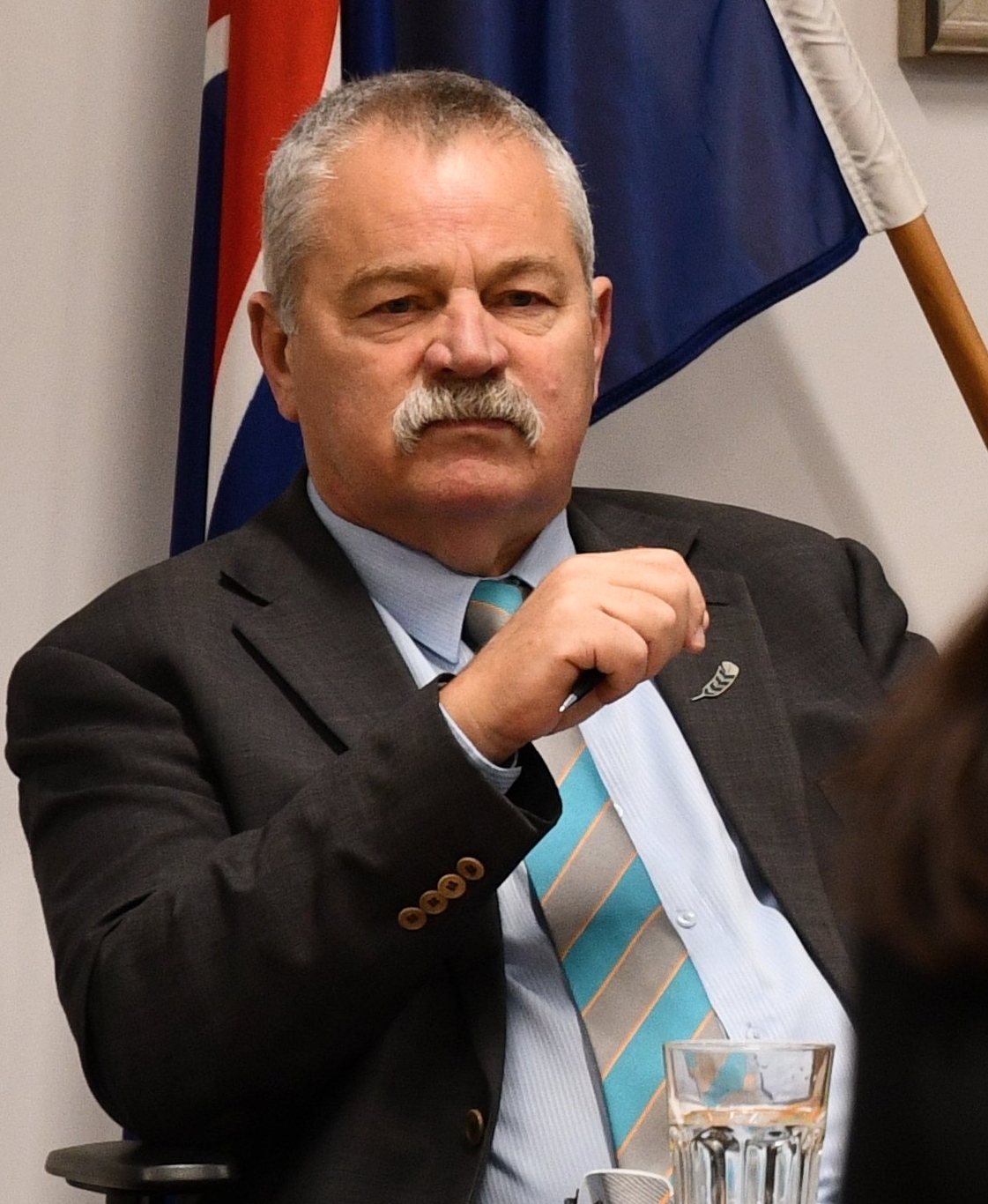

The company is a subsidiary of Wellington company Bathurst Resources Ltd, which operates Takitimu Coal Mine, in Nightcaps. Any future mining would be an extension of the current operation.
But in a further twist, the land set to be explored - a commercial forestry block - is owned by the council.
By its own admission, early investigations indicate the land in question contains an economically mineable deposit.
Forest & Bird claims the council made the decision unlawfully because it failed to properly consider the implications of climate change. It is seeking for the council to quash its decision.
“For a safe climate, we cannot have any new coal mines," Forest & Bird chief executive Kevin Hague said.

Coal currently makes up 45% of the total global primary energy supply.
In New Zealand, production is centred in Waikato, the West Coast, Otago and Southland, the latter two regions mainly producing for local industrial markets.
Forest & Bird claims New Zealand’s transition to zero net carbon by 2050 can only be achieved if its use is rapidly phased out.
But the council is standing by its decision, saying it is aware of the need to support communities, while understanding the implications of climate change.
“The matter is now before the court and therefore no council employee or elected member is in a position to comment,” Southland District Mayor Gary Tong said.
"I emphasise that this was for exploration access only, not mining access."
In April, Tong said he was on the side of the mine going ahead because “we have to keep our communities alive”.
He has since pointed out council, like any landowner, owns the top 30cm of land. The rest is accessible via consultation with the minister responsible for crown minerals via a mining permit.
Tong also says the council is “very aware” of the district plan, something Forest & Bird claim is at odds with coal exploration.
In it, the council declares “a precautionary approach is to be taken in managing the effects of climate change and sea level rise and any associated changes ... to ensure potential adverse effects are avoided or mitigated”.
Hague says those negative effects are already being felt in the deep south.

“Allowing new or expanded coal mines through the 2020’s would lock us into high-emissions scenarios for decades to come.”
Bathurst Resources Ltd chief executive Richard Tacon said his company is exploring for coal in response to ongoing demand from Southland customers - including food processors and hospitals - and says any mining would be wrapped up before the Government’s 2037 deadline for phasing out coal boilers.
Tacon was surprised Forest & Bird were taking legal action against the council, because the bill would likely land with the ratepayer.
He also pointed out a notified consent process stood in the way of any future work being carried out.
“The issues around coal and climate change are complex.
"If New Zealand stops mining coal, which various interests argue must be done immediately, New Zealand will simply import that coal,” Tacon said.
“Every tonne of coal that we mine has a buyer before it comes out of the ground.”
If exploration leads to a mine, it could mean up to four more years of employment for about 50 mine workers in Ohai, a small town of about 300.

An academic specialising in environment and economic conflict says short term boosts to local economy can be shortsighted, however.
University of Otago senior economics lecturer Dr Viktoria Kahui says the issue of juggling economic stimulus in small towns with environmental sustainability is the “million-dollar question”, but wondered if council had thought through their decision considering the Government is trying to phase out coal.
“These are very short term solutions. Okay you provide employment, but at what cost? And what is the contingency after that?” Dr Kahui asked.
“Wouldn’t it be better to invest in forward thinking projects that maybe capture carbon rather than release it? It seems very short sighted.”
Dr Kahui advocated for “positive solution strategy” where organisations looked into alternatives which weren’t harmful to the environment.
“It’s easy for the mayor to come out and say it keeps the economy alive, but there must be other projects that would be beneficial to the economy that haven’t been considered.”
The adjacent towns, whose names are often combined as Ohai-Nightcaps, have a long history of mining.
Nightcaps was established in 1880 to exploit a large coal field, and in its heyday, serviced its own railway to transport the product.
It is estimated almost 1.8million tonnes of coal, mostly low-grade lignite, was produced from underground mines.
When the supply was exhausted 40 years later, miners shifted a few kilometres down the road to Ohai.
Mining at Takitimu Coal Mine, on the outskirts of Nightcaps, still has about four years of coal left meaning up to eight years of work could be guaranteed for locals.
Southland District Council said if New Brighton Collieries Ltd decide to pursue further mining, it will need to proceed through a publicly notified resource consent process.
Gaining access to exploration does not predetermine the outcome of applying for consents, it said.
The council currently leases out approximately 76ha for the former Takitimu mine site and current coal processing area.
The United Nations’ Intergovernmental Panel on Climate Change indicates a reduction in coal use needs to reach almost zero percent in order to prevent temperature increases of over 1.5degC.
Resource consents have been a hot topic in Southland over the past month.
Last week, it was announced Bromoore Gold Ltd was seeking to establish an alluvial gold mine in Winding Creek Valley, to the east of Waikaia.
In July, consents were granted for AB Lime Ltd to continue operating its landfill near Winton, removing a cap on waste volumes.












